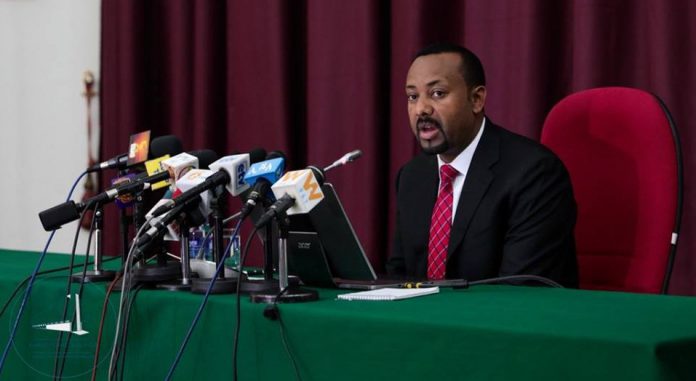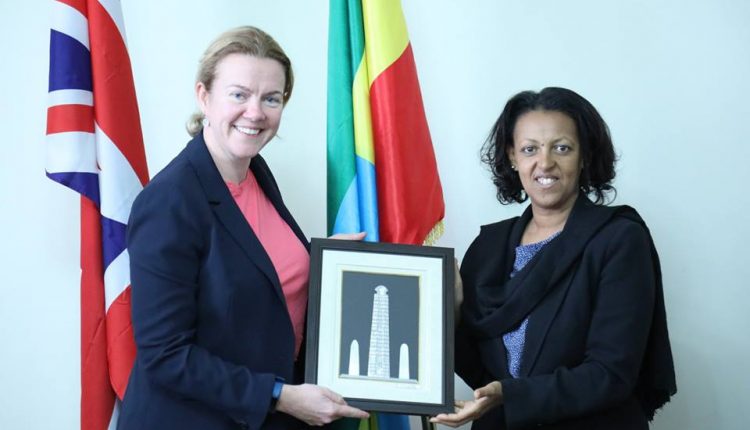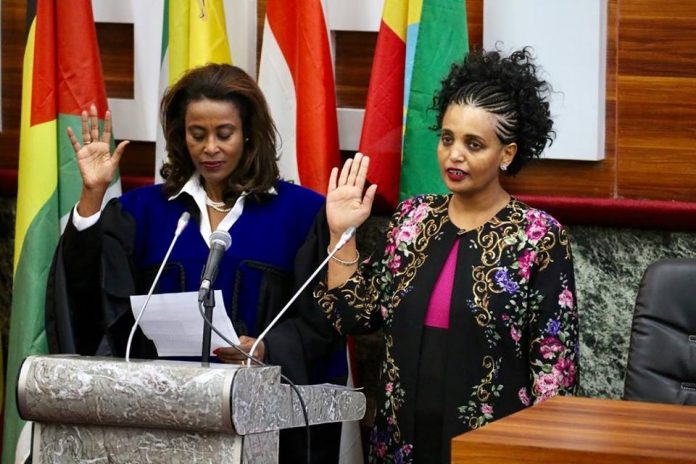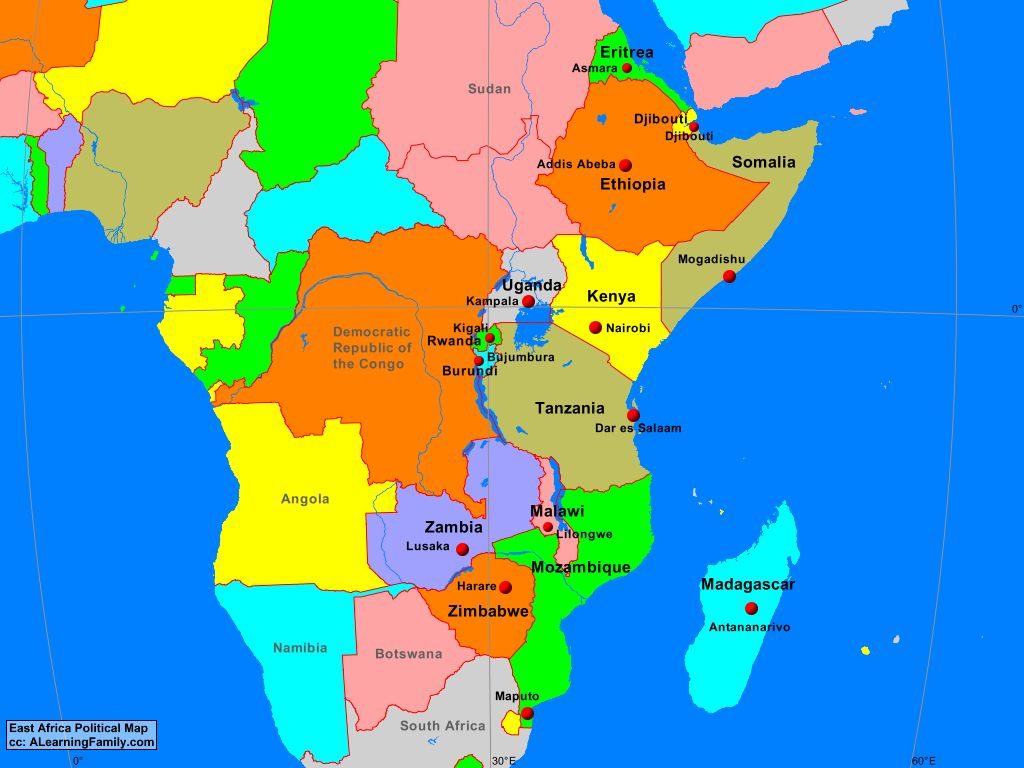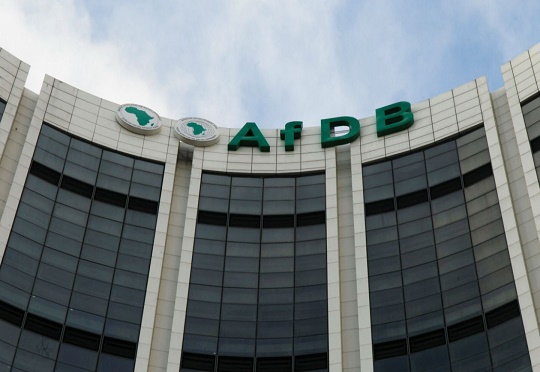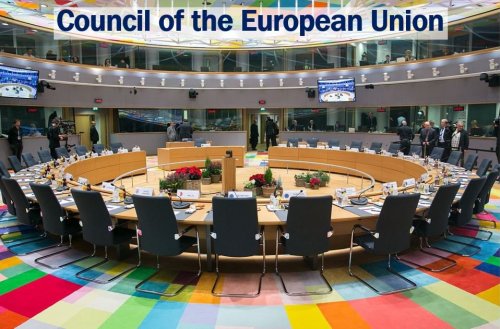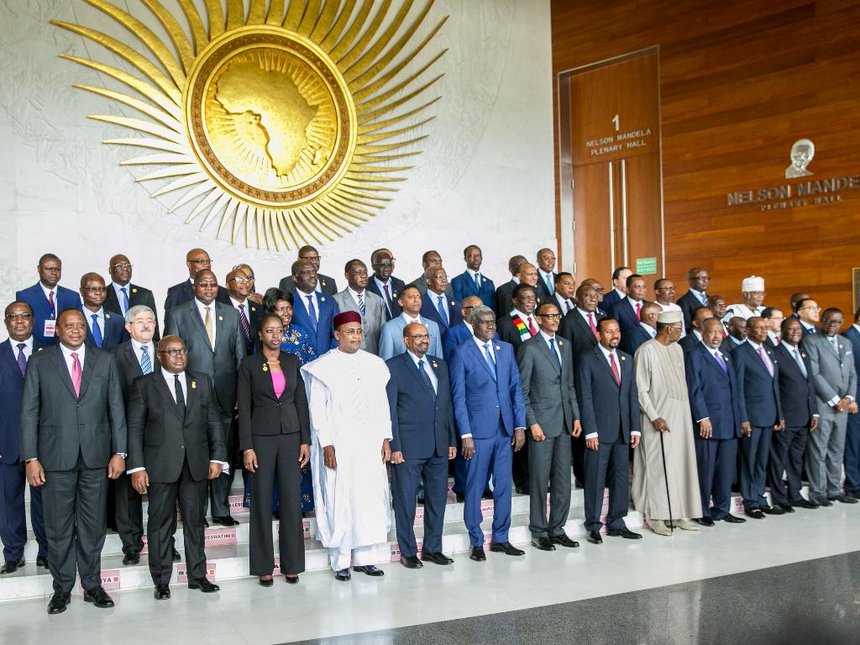
Ethiopia’s capital Addis Ababa has overtaken Dubai as the leading gateway to Sub-Saharan Africa using at least one measure, according to analyst ForwardKeys.
Addis Ababa Bole International Airport has grown its volume of international transfer passengers to the region for five years in a row (2013-17) to achieve that position. The airport is currently being upgraded with a new terminal at the cost of US$345 million, ForwardKeys noted.
The findings were released by ForwardKeys during a presentation by Vice-President, Insights Olivier Ponti at the World Travel and Tourism Council’s Africa Leaders Forum in Stellenbosch, South Africa.
Ponti highlighted Ethiopia’s “extraordinary rise” as both a destination and a transfer hub for long-haul travel to Sub-Saharan Africa.
He said at least some of Ethiopia’s increase in international flight bookings could be attributed to “new-found confidence in the wake of reforms carried out by Prime Minister Abiy Ahmed since he took office in April.” These include signing a peace deal with Eritrea in July, a new e-visa policy introduced in June, which allows all international visitors to apply for a visa online, and a promise to open Ethiopia’s markets to private investment.
International bookings for Ethiopia for the period from this November to January next year are ahead by more than 40% on the same period in 2017, ForwardKeys said. Bookings are well ahead of all other destinations in Sub-Saharan Africa.
While visitors to Ethiopia and the rest of Sub-Saharan Africa are coming from across the globe, Europe dominates as a source market, according to the analyst’s findings, having grown by +4% since the start of the year. ForwardKeys said growth in visitors from Asia Pacific was “sluggish,” increasing just +1% since the beginning of the year.
Ponti said the relaxing of visa regimes for international travelers represented one of the major opportunities for destinations in the region. The Chinese market is particularly important as it is now the strongest in the world by numbers of people and by expenditure. According to ForwardKeys data, liberalized visa policies have had a transformative effect on Chinese tourism to Morocco and Tunisia in recent years, dramatically lifting visitor numbers.
“Sub-Saharan Africa is a market of opportunity. Across the region, carriers are increasing seat capacity on international flights by +6% on average; that is an encouraging sign,” said Ponti.
“If more governments follow the go-ahead example set by Ethiopia, including reducing conflict and taking advantage of the benefits that can flow from more relaxed visa policies, I would expect to see a healthy growth in tourism in 2019.”
Source: ©The Moodie Davitt Report
